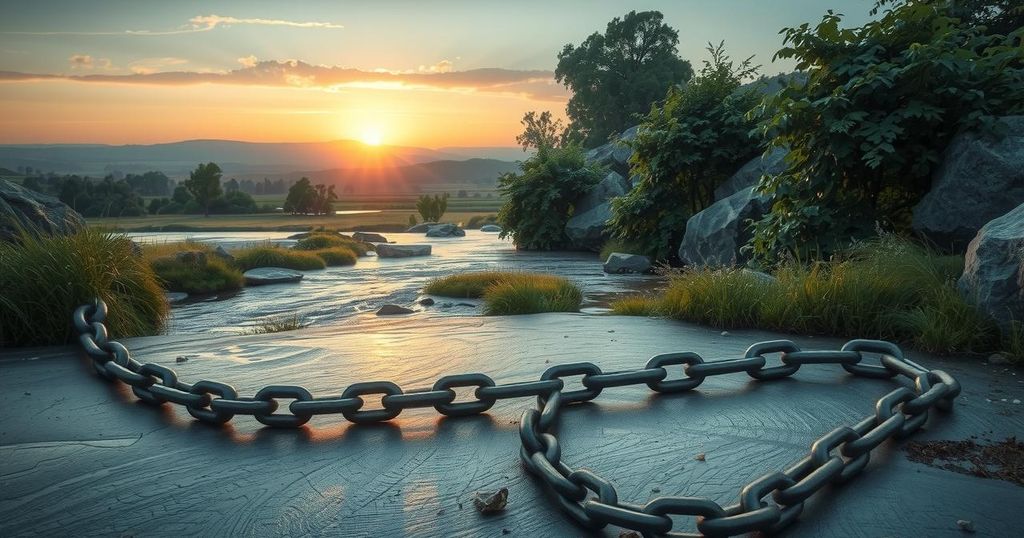M23 rebels, supported by Rwanda, captured Goma, escalating tensions in Eastern Congo. This marks a return to armed conflict, with accusations of Rwanda’s involvement, deemed a ‘declaration of war’ by the Congolese government. The international response acknowledges the seriousness of the situation following Goma’s fall.
M23 rebels, supported by Rwanda, have seized Goma, a significant city in eastern Democratic Republic of Congo, on January 27. This event marks a substantial escalation in ongoing conflicts, as M23 had previously captured Goma in 2012 but had remained inactive for years. After their recapture, they proclaimed the city’s ‘liberation’ and urged Congolese forces to surrender their weapons to the United Nations. The government of the Democratic Republic of Congo has accused Rwanda of direct involvement, denouncing it as a ‘declaration of war.’ The international community, including the United States and France, has acknowledged the gravity of the situation following Goma’s fall.
The struggle in Eastern Congo, particularly regarding the M23 rebels and their connection to Rwanda, is deeply rooted in historical conflicts and regional political dynamics. The M23 rebel group emerged from earlier conflicts and has previously engaged in armed confrontations against the Congolese government, often linked to Rwandan support. This context of ethnic tensions, resource exploitation, and historical grievances puts Goma at the center of a complex conflict landscape that continues to evolve.
The capture of Goma by M23 rebels, backed by Rwanda, signifies a critical moment in the Eastern Congo conflict. The Congolese government’s accusations towards Rwanda underscore existing tensions between these nations, while the call for disarmament represents a challenge for regional stability. The international acknowledgment of this situation highlights the need for ongoing dialogue and conflict resolution efforts.
Original Source: m.economictimes.com






